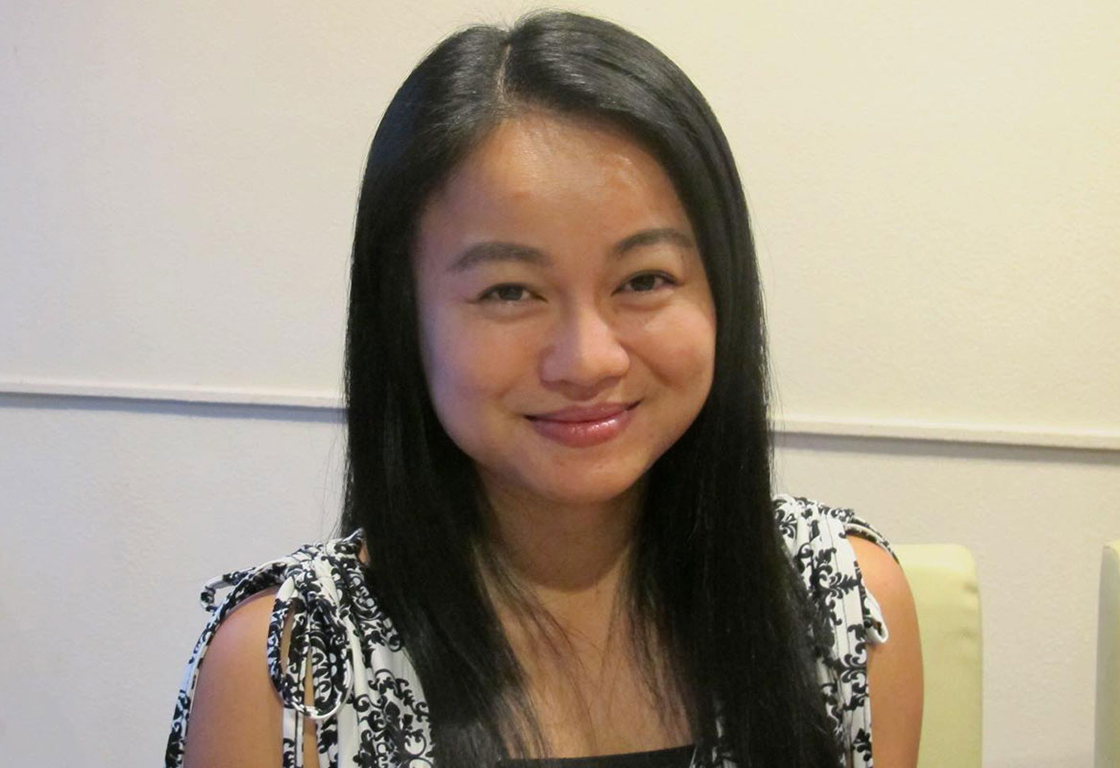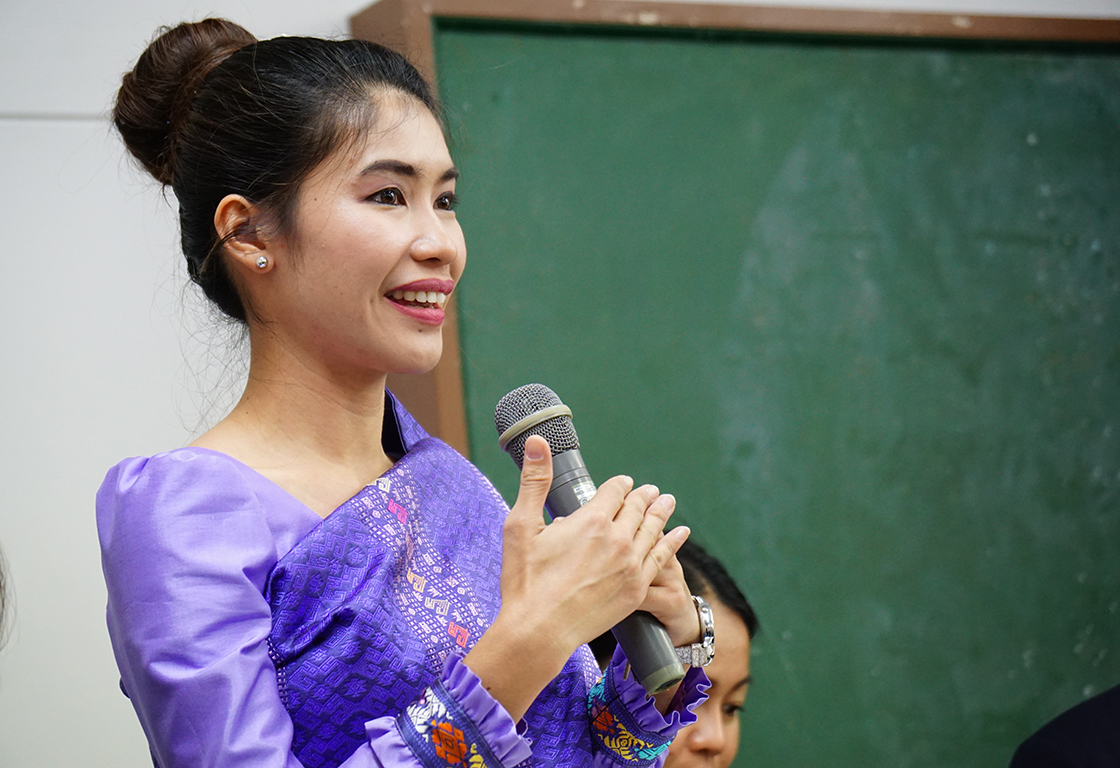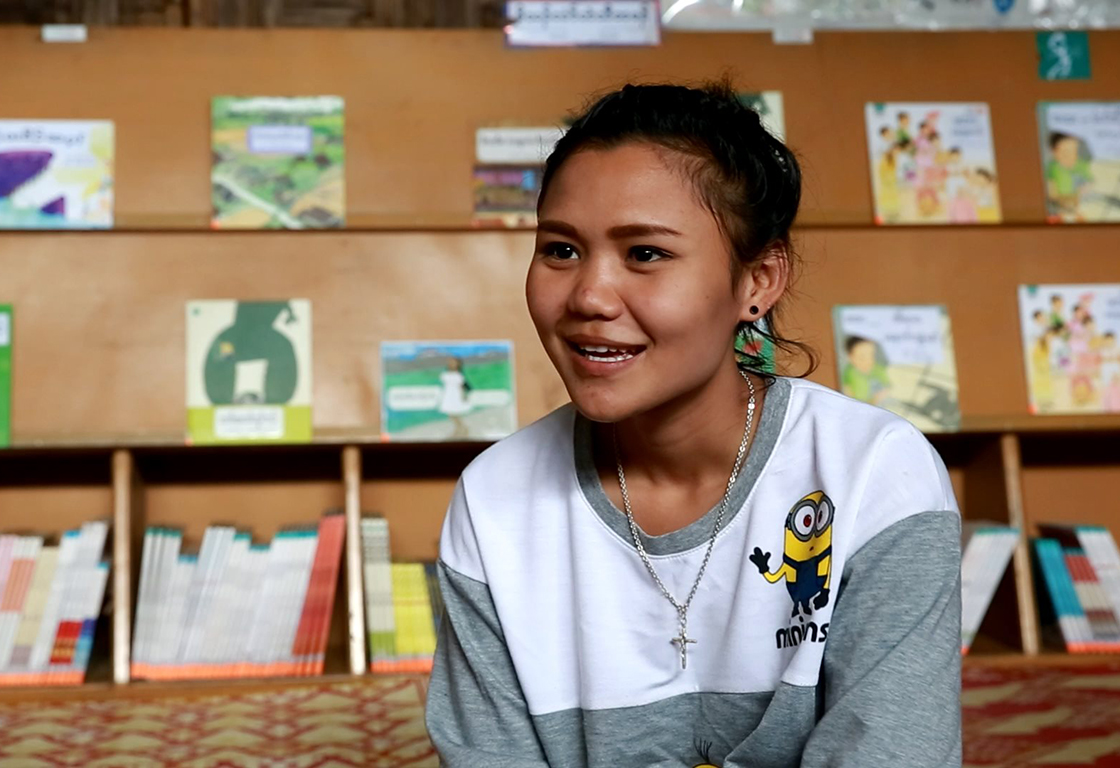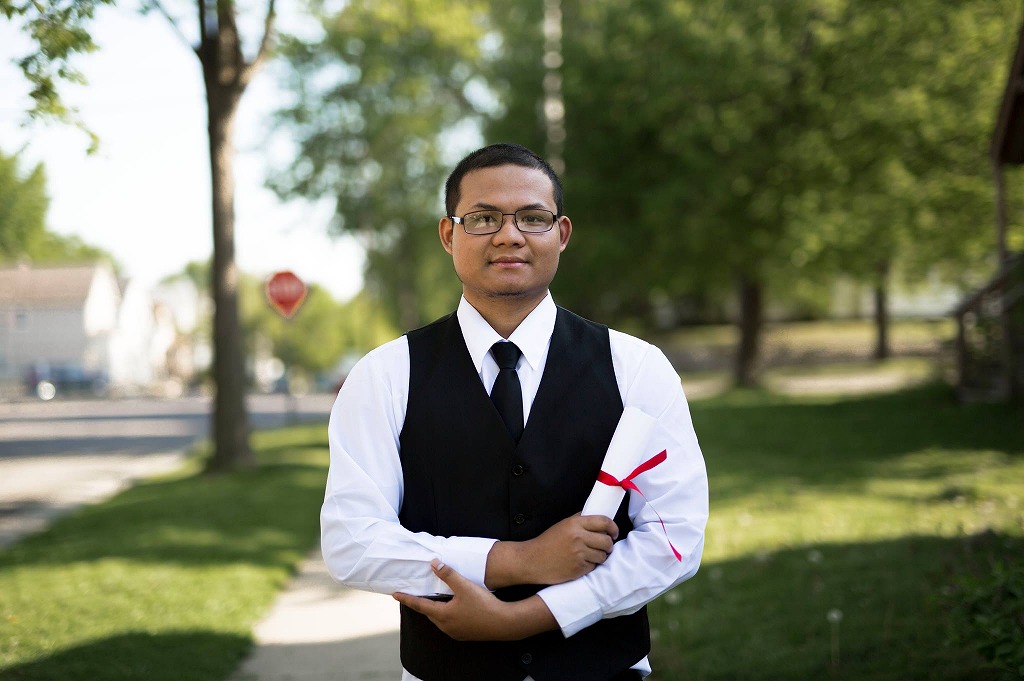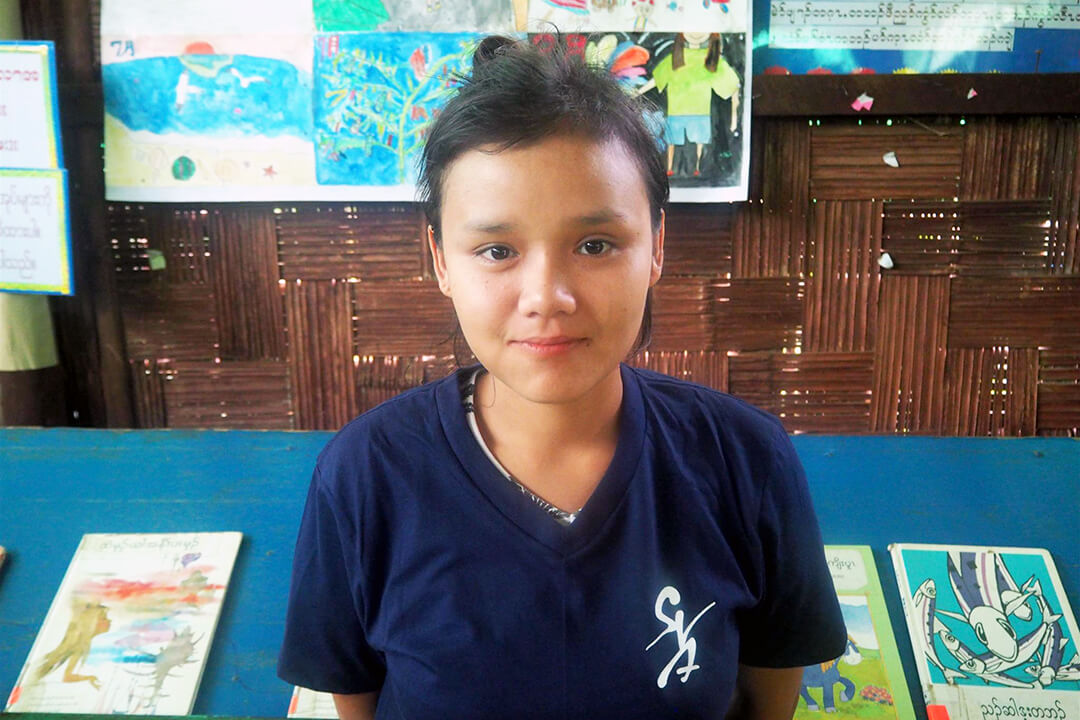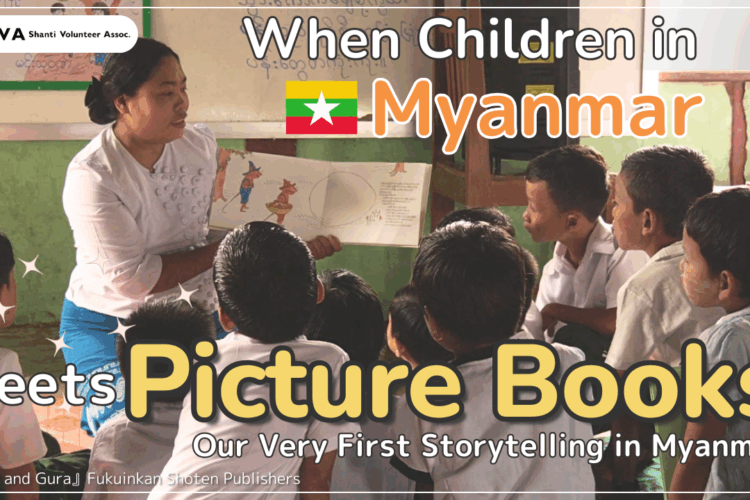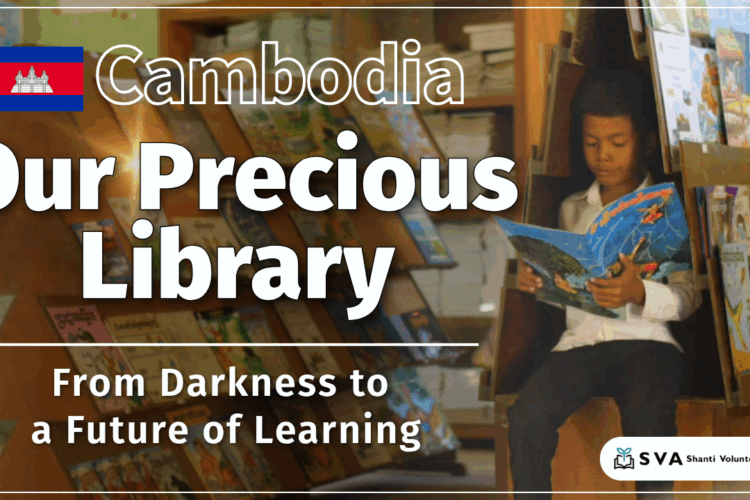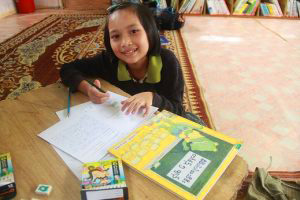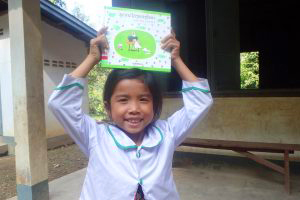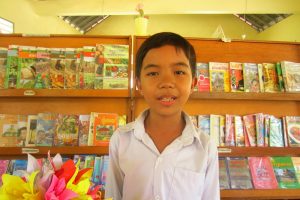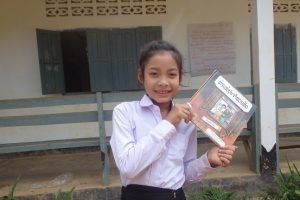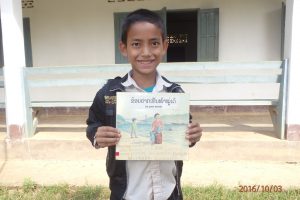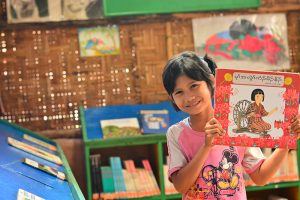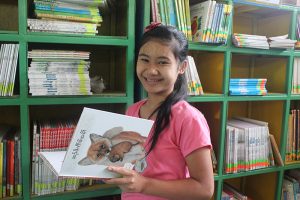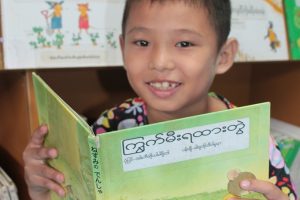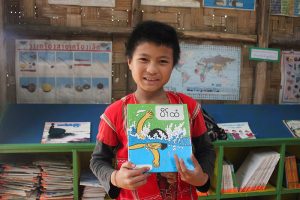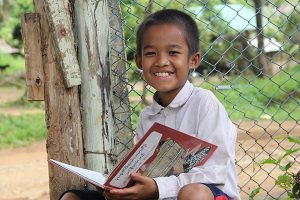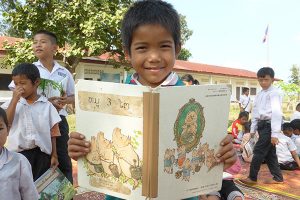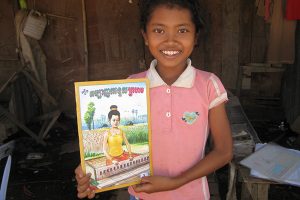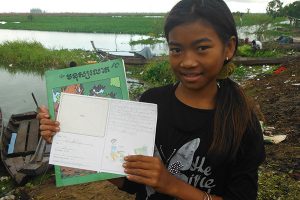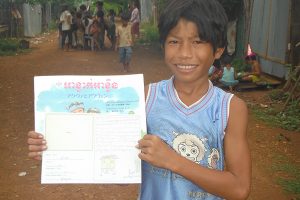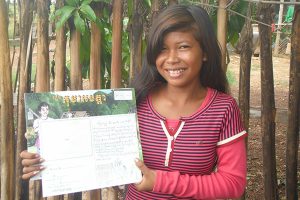Books For All:
Books Open the Door to the Future
- TOP
- Books For All: Books Open the Door to the Future
Around the world, we find many children who have never seen a book or even their own written language due to situations they find themselves in, such as war, poverty, disasters, etc.
Since 1981 when SVA launched its assistance activities, it has been running educational and cultural support activities that help people find a sense of purpose as a person through reading books.
As these activities have developed, our experience has shown us that the power of books does not change, no matter the place or time. SVA believes that the power of books is essential to children’s development.
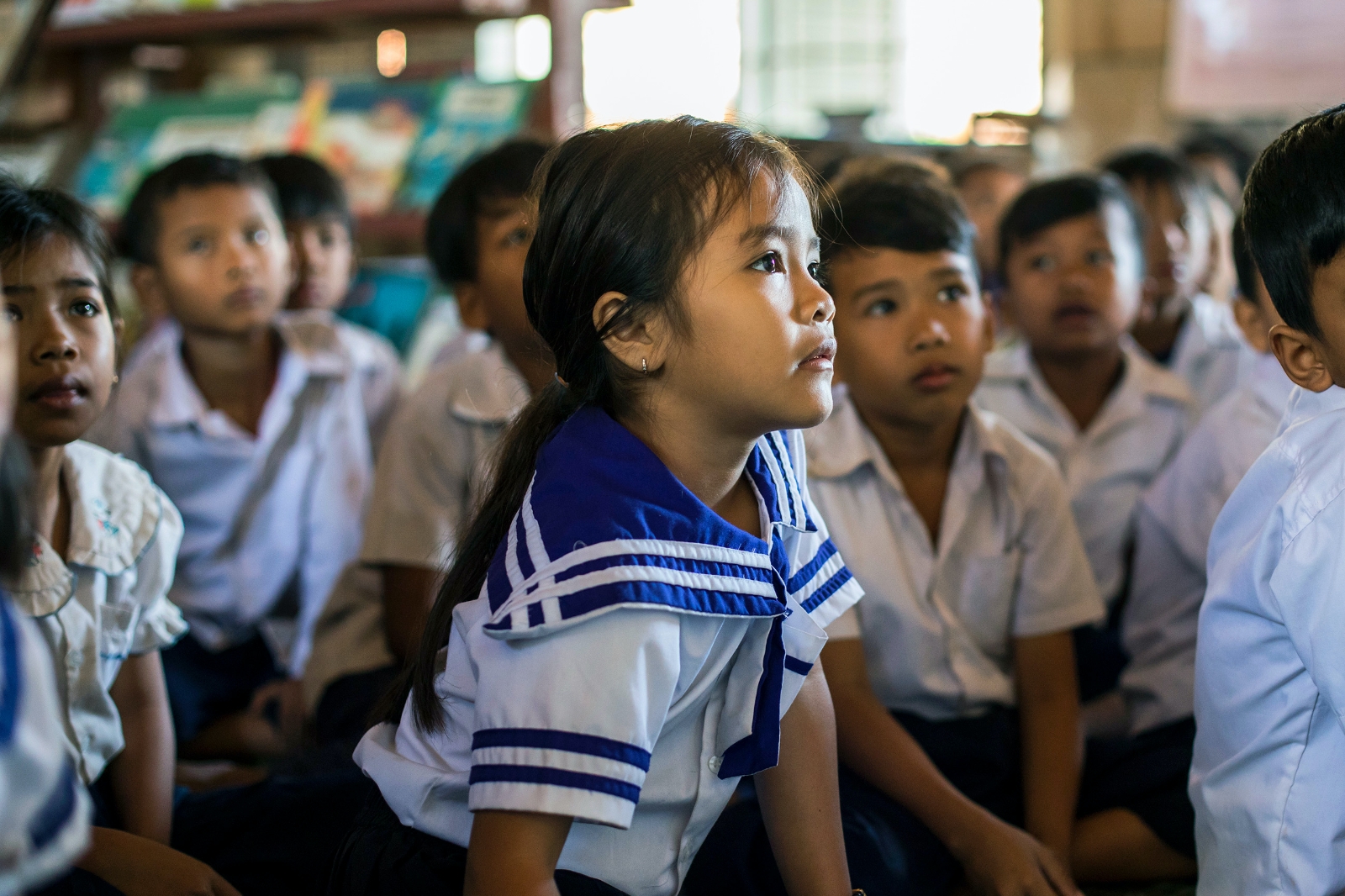
Children living in harsh conditions such as slums, refugee camps, or conflict areas do not have much time or many opportunities when they can be just kids in their daily life. In such circumstances, the world of story is a great escape for them. They feel joy, fun, and happiness in the world of stories, which allows them to share these same feelings with other people in the future.
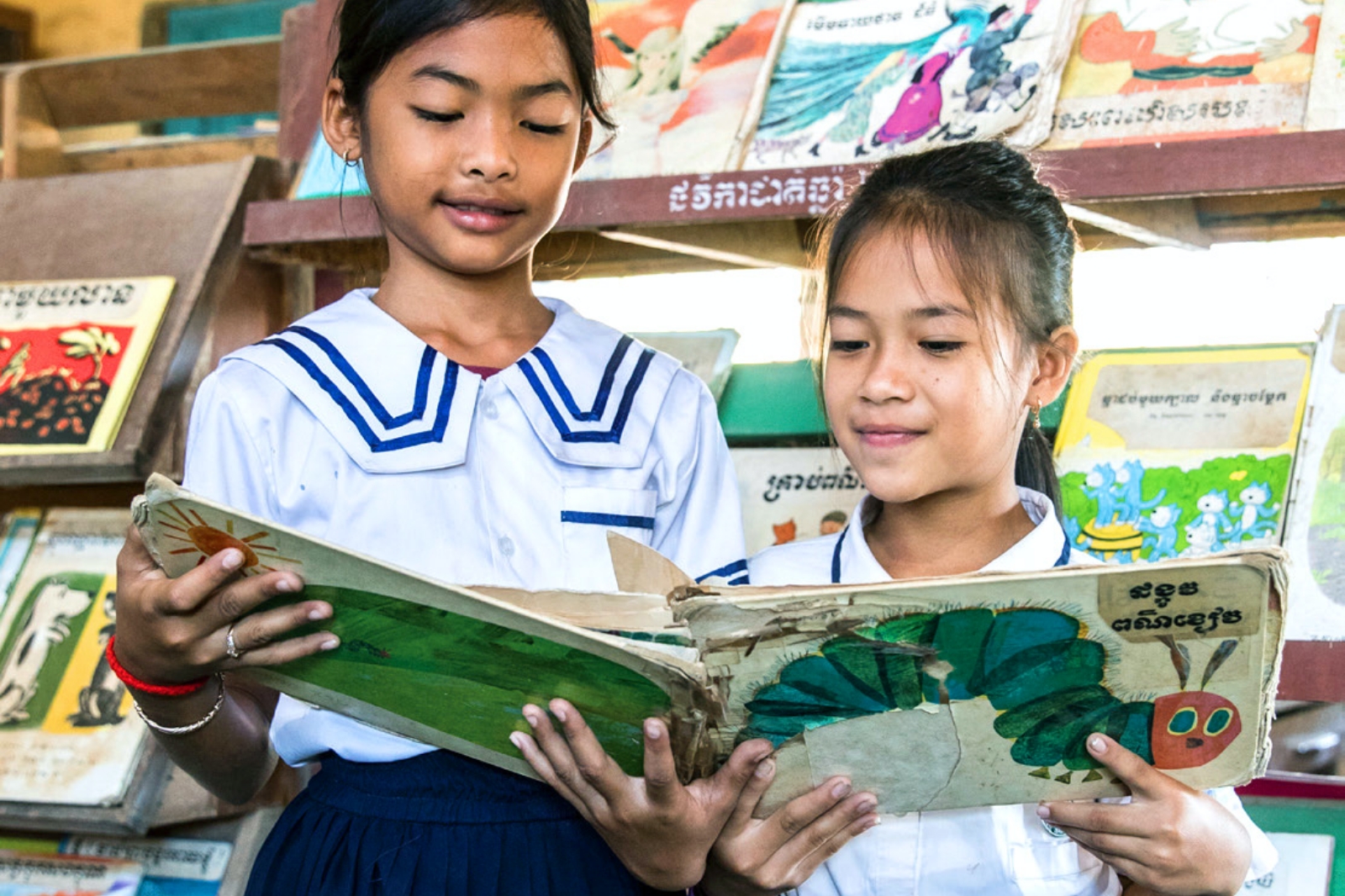
Reading helps children develop both cognitive and non-cognitive skills. Learning words and increasing knowledge through books improves their cognitive skills. Children who have discovered the world of stories have spiritual and emotional experiences through it, which cultivates hope, courage, confidence, comfort, positiveness, and creativity. Moreover, they can improve non-cognitive skills, including the motivation and tenacity for goal achievement, sociality and cooperativeness to work harmoniously with others, ability to control their emotions, confidence, self-esteem, and more.
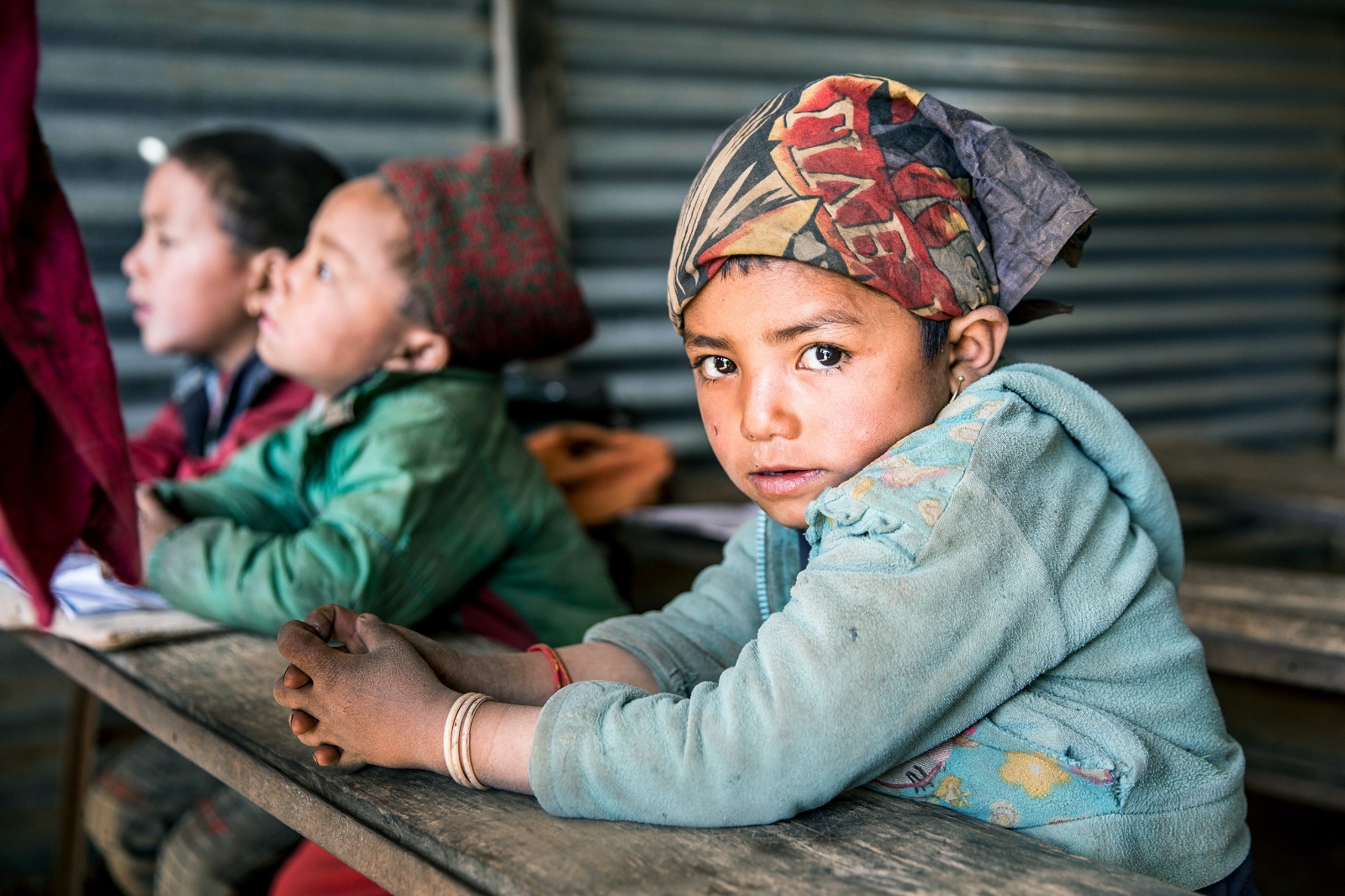
Librarians give psychological support to children suffering from stress and trauma caused by lives in very poor conditions and displacement due to conflicts, by building up a trusted relationship with children as a storyteller. The library has become a space where they can spend their time with a sense of security.
in a Myanmar (Burma) refugee camp at Thai-border
A library opened! A library opened!
I am very happy now.
I must go to school every day
Some lessons are very difficult for me
I am sometimes scolded or beaten by my teacher
I sometimes wear clothes with holes when I go to school
Then, my friends laugh at them
I am scolded by my parents if I keep playing outside
But now the library is opened.
Even when scolded, I feel better
while reading a book in the library
Library books don’t scold me or beat me;
When wearing clothes with holes
They do not laugh at me
They always soothe my heart.
That’s why I love the library.
Children’s Rights and Library
The Convention on the Rights of the Child adopted by the United Nations in 1989 stipulates that every child is guaranteed the right to survival, the right to development, the right to protection, and the right to participation according to their developmental stage.
It also states that education, culture, and leisure comprise important rights of the child.
SVA recognizes the library as an institution that guarantees one of children’s rights.
Right to survival: We hold childbirth classes at a community library in Nepal to help infants survive by providing mothers with knowledge about health, hygiene, nutrition, etc. that is necessary for child-rearing.
Right to development: Reading and having books read to them helps children develop imagination, communication skills, and an attitude to cooperate with others, as well as knowledge.
Right to protection: The library offers a space where children can feel safe and secure even in situations where they are exposed to armed conflict like in Afghanistan.
Right to participation: The library functions as a place where children can express their opinions through cultural activities such as dance, music, embroidery, drawing, plays, and poetry.
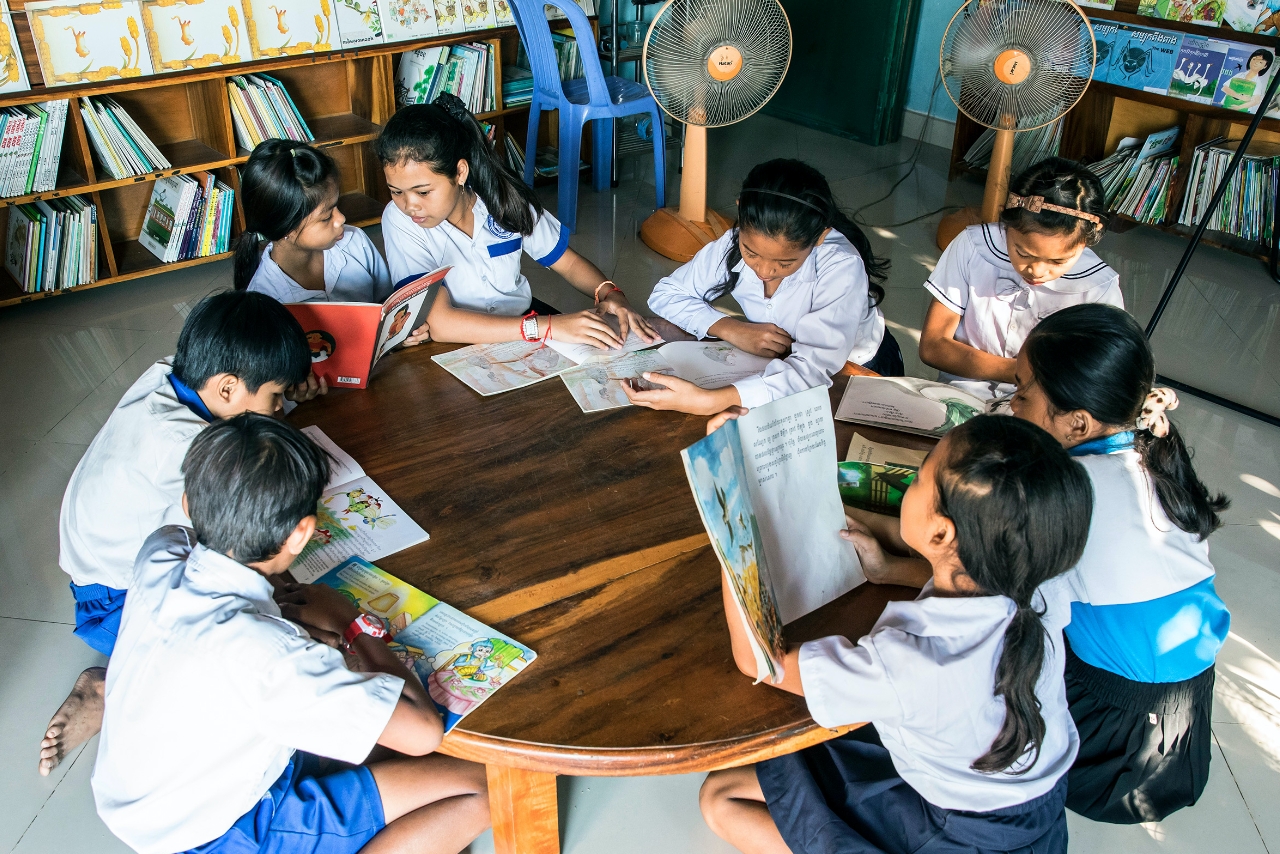
The Convention on the Rights of the Child is the treaty concluded (signed, ratified, acceded to, or inherited) by the largest number of countries in the world.
As of the end of 2020, 196 countries and regions have signed it, and the contracting parties are obliged to enforce the Convention and report on its progress.


